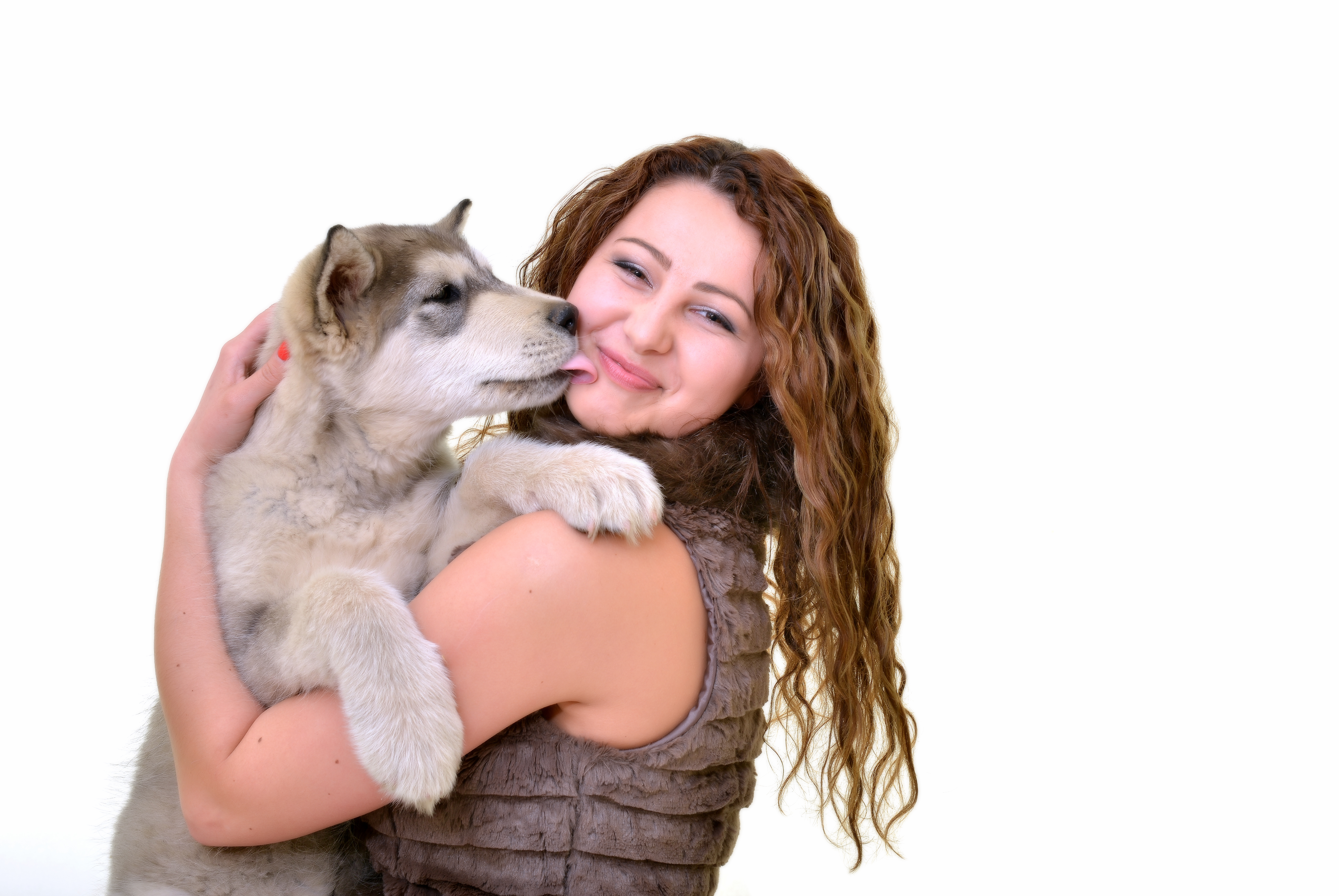You don’t need to be a doctor or a veterinarian to know that if someone tells you that you or your dog are suffering from a “small Intestinal Bacterial Overgrowth (SIBO),” it’s probably not a good thing!
And guess what?
It’s not! Plus, it’s usually caused by something happening with your pancreas, not your small intestine! And since it can cause your dog to lose weight and have other uncomfortable and perhaps dangerous symptoms, we figured we’d include it on our list of common medical issues that affect pets and take a moment and discuss exactly what it is and what it might be like to have a dog suffering from this condition.
So, without further ado, let’s dive right in!
What is small intestinal bacterial overgrowth?
As the name suggests, this is when a lot of bacteria grows in the small intestine. Yes, each of us, including dogs and cats, has a natural amount of bacteria running through our gut. That’s perfectly normal. But too much of it is a bad thing. This is a type of intestinal dysbiosis.
How does it happen?
Our food passes through the whole digestive tract. However, if it stays in the small intestine and somehow becomes a breeding ground for excessive bacterial growth, it becomes known as SIBO.
Who gets it?
This isn’t a breed-specific disease; however, German Shepherd dogs are more likely to get it than other dogs. Why is that? We’re not sure, but trust us on this one. Also, dogs with exocrine pancreatic insufficiency (EPI) are at the most risk. SIBO is usually a secondary condition that happens after a dog gets EPI.
What happens when a dog is suffering from SIBO?
When there is an overgrowth in the gut, there are all kinds of problems in the intestinal tract (also sometimes referred to as the GI tract or gastrointestinal tract), including the small intestine and large intestine. Clinical signs and symptoms include:
- Food intolerance and, at the same time, a considerable appetite,
- Chronic diarrhea,
- Vomiting,
- Weight loss,
- Vitamin deficiency (especially vitamins A, D, E, and K) due to malabsorption,
- Inflammatory bowel disease due to lack of digestive enzymes,
- Increased intestinal permeability (aka leaky gut),
- Anemia or serum folate (caused by B12 deficiency).
SIBO can also…
Result in or be caused by another intestinal disease. It’s important to know that an overgrowth of bacteria can cause disruption or imbalance of the bile acids, which can impact the absorption of fatty acids.
Diagnosis & Treatment of SIBO in dogs
If you think your dog has SIBO, you should take them to the vet. They may take a medical history and do a breath test to diagnose SIBO. Usually, if your vet thinks your dog has SIBO, they will prescribe something like an antibiotic to get rid of excess intestinal bacteria and bring them back to healthy levels.
If this seems to work, then you won’t need further investigation. If it doesn’t help your dog’s symptoms, your dog may have another medical condition.
Prevention of SIBO in dogs
People prevent small intestinal bacterial overgrowth from happening or recurring by giving their dogs probiotics. Yes, you’ve probably heard about people taking them. Well, they work for dogs and cats, too. Before you start giving your pet probiotics, speak to your vet.
Which brings us to…
We want to remind folks that we at IndulgeYourPet are not doctors, veterinarians, or medical professionals. We are all a bunch of folks passionate about animals and only want what’s best for them. This is why if you feel like your pet may have small intestinal bacterial overgrowth (or any other health issue), you’ll want to have them checked out by a vet ASAP!
An early diagnosis will often lead to the “best” medical outcome for your pet regardless of what is bothering them, but beyond that, diagnosing a medical condition early could save you a bundle in medical costs!
Cost of Treatment
Lucky for you, SIBO isn’t a major big deal if you catch it in time. Usually, your dog will need one or two visits to the vet. This could cost a total of $300. However, as we mentioned, if it’s not SIBO, you’ll have to go for more tests and vet visits to find out the real cause of your dog’s sickness. What started as a $100 trip to the vet could quickly turn into $300, $400, and more. This is also why we here at IndulgeYourPet also recommend that any new pet owner take a moment and see what it might cost for you to purchase a pet insurance policy for your new animal.
Now, will a pet insurance policy be suitable for everyone?
No, probably not. But until you fully understand what these policies “will” and “won’t” cover and how much these pet insurance policies cost, how will you know if one might be right for you?
For more information on who we feel currently offers the “best” pet insurance policies out there, we would encourage you to check out our Best Pet Insurance Policies article.



